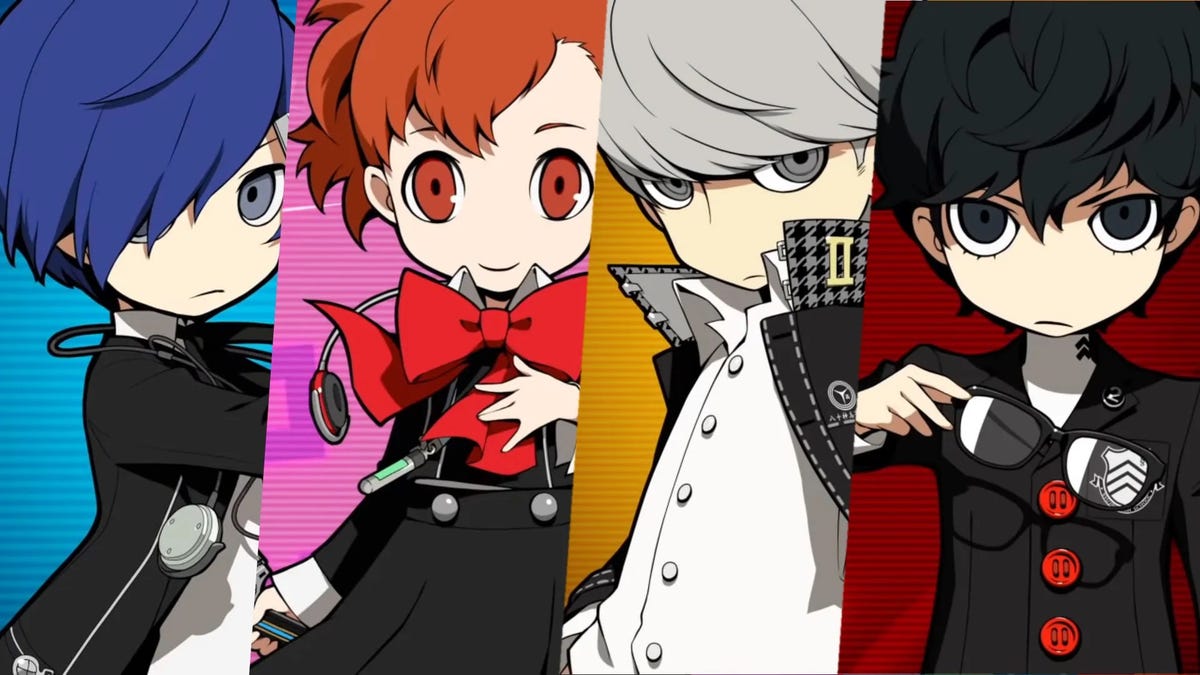You say this everytime and it's just not always true. In some cases, yes it absolutely is a failure of management. But more often than not, it's got nothing to do with management. Often times it's the devs not being able to get a feature working correctly, or sometimes it's even the game running low on budget.it's a failure of management
Crunch would be nice to get rid of completely but there are limitations to what can happen. If a company comes to EA and says "We need 45million to make the next Battlefield and two years." EA then expects that shit to be done in two years. And shit can go wrong, where bugs are causing unforseen shit to happen in the game while they scramble to fix it.
Or back in the day of Movie tie-in games a publish would go to one of their dev studios and go, "We need a Shrek game in 18 months can you do it?" If the studio say yes, then they better fucking have that game out by the deadline period.
The point is that it's not always Bobby Kotick's fault. Except in the broadest and vaguest of ways which as much as i hate the guy, I dont think is a fair bar.
Bottom line is projects have to be done by deadlines and within budget. If crunch is needed to make that happen, then that's why they do. Think about it like this, school teacher assigns you homework due on Monday, if that shit aint ready on monday sometimes you can get an extension with a good excuse, but otherwise you get a docked points for being late, or an outright zero. The zeros in business are usually you getting fired.
A lot of crunch can be the result of dev team ambition. Like trying to add more features or gameplay elements than they can really handle. Cyberpunk suffered from this, where they just kept trying to add features they didn't need and it kept fucking the game up until the bosses were tired of sinking money into a deadend project and demanded release.







/cdn.vox-cdn.com/uploads/chorus_asset/file/23376137/aqU5yK.png)








